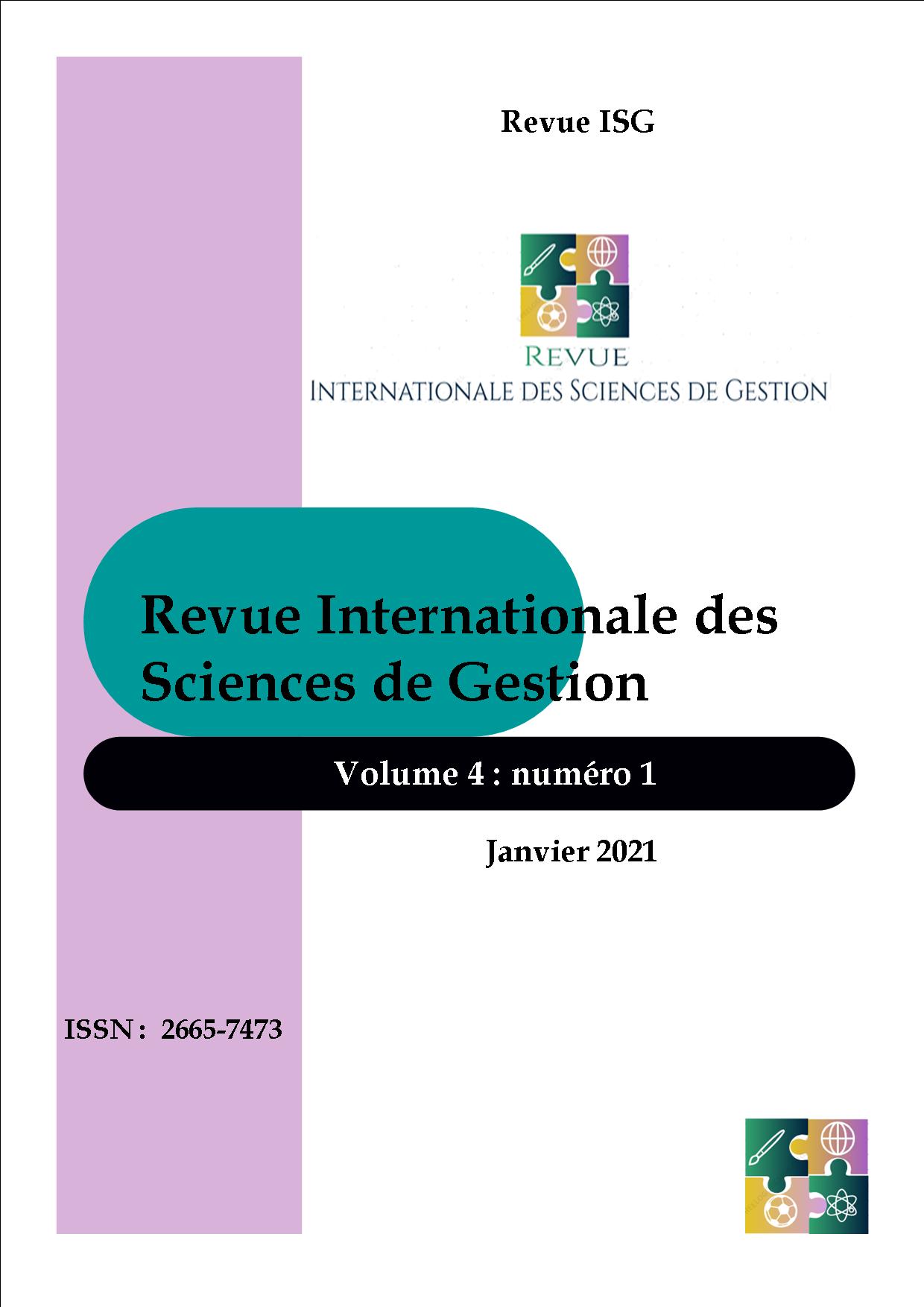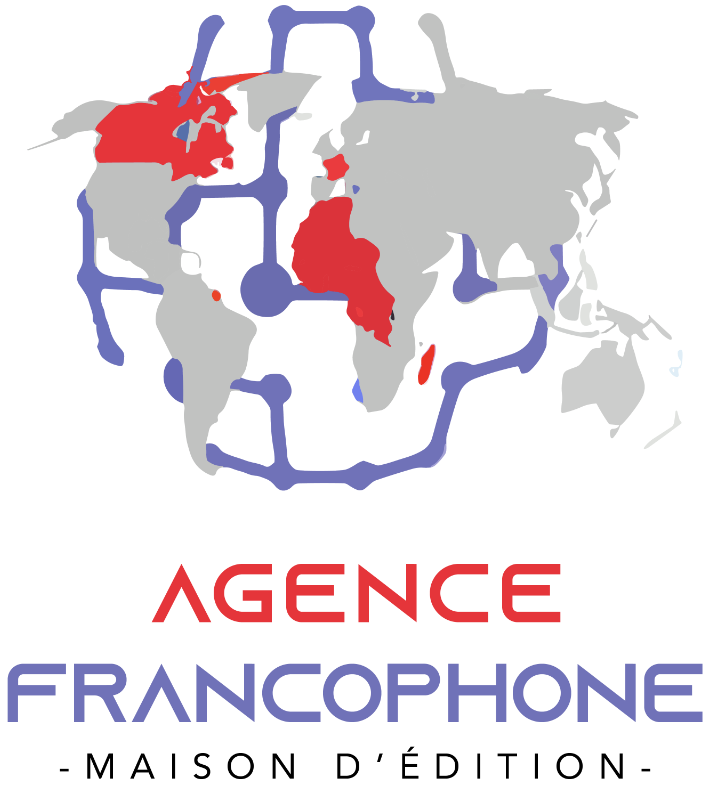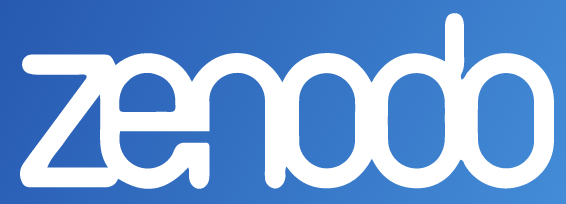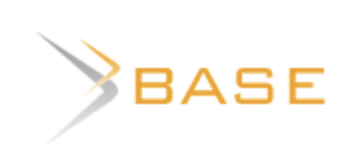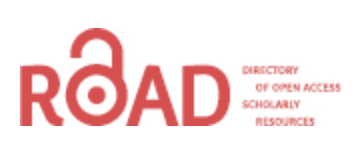Zakat institutionnelle : synthèse des modèles de fonds zakat dans des pays majoritairement Musulmans
Keywords:
Islamic Economics, Islamic Social Finance, Zakat, Economic Empowerment, Poverty alleviationAbstract
Islamic Finance has very often been associated to Islamic Banking, however; Islamic banking constitutes only a portion of the overall Islamic Economics. As a matter of fact, Islamic Social Finance, which encourages the use of Islamic Social Financing tools such as Zakat, Waqf and Qard Hassan, is a growing part of Islamic Economics whose impact is undeniable; yet not very much discussed. Zakat most specifically, can be leveraged for the greater purpose of Islamic Economics; benefiting individuals in need, alleviating poverty, and encouraging economic empowerment if well structured. Unfortunately, structured Zakat systems are not prevalent in all countries. The purpose of this article is to distinguish established zakat systems in majority Muslim countries; to provide a benchmark of countries and learn from experiences of the neighbors. In order to do that, the article provides an overview of contemporary zakat fund models in predominantly Muslim countries. The paper defines the notion of Zakat according to the Islamic sources and the historical overview of Zakat application experiences. Moreover, it defines the contemporary models of zakat collection, detailing the management organization and parties engaged in the collection process. The distinction between compulsory models of collection and voluntary collection models is also clearly detailed. Finally, a synthesis of the prevalent models of Zakat funds in majoritarian Muslim- majority countries is realized, and a discussion on the implications of this on the development of Islamic Finance in countries is also made.
Downloads
Downloads
Published
How to Cite
Issue
Section
License
Copyright (c) 2021 Ahmed CHAKIR, Lahcen EL MESKINE , Hinde ADJAR

This work is licensed under a Creative Commons Attribution-NonCommercial 4.0 International License.

